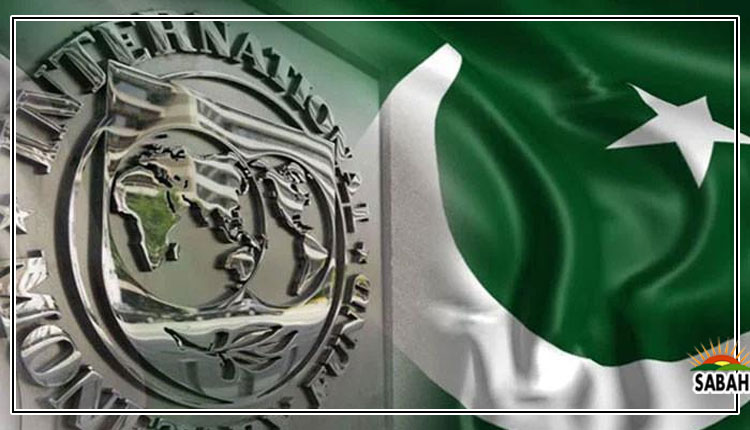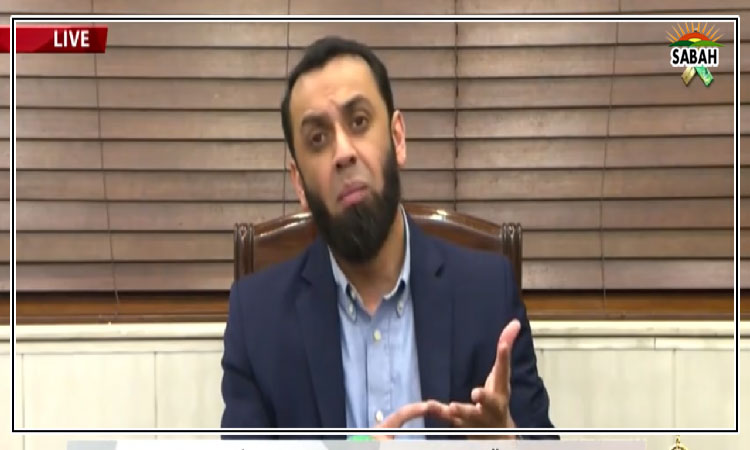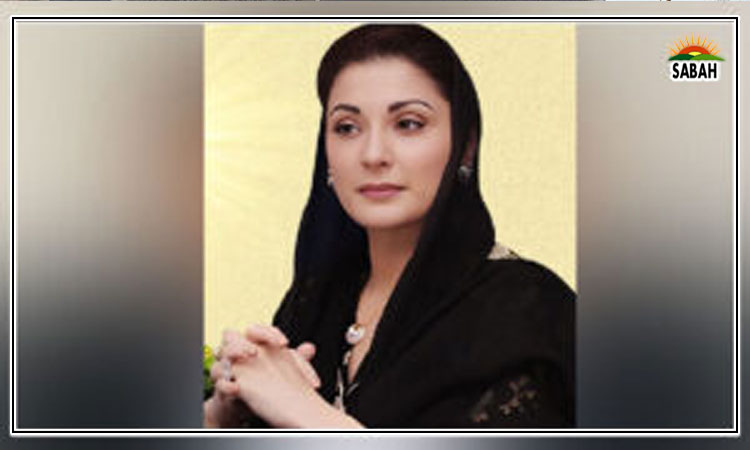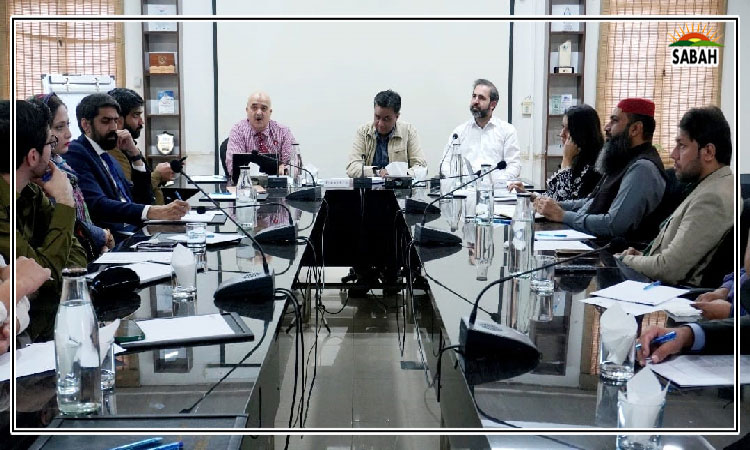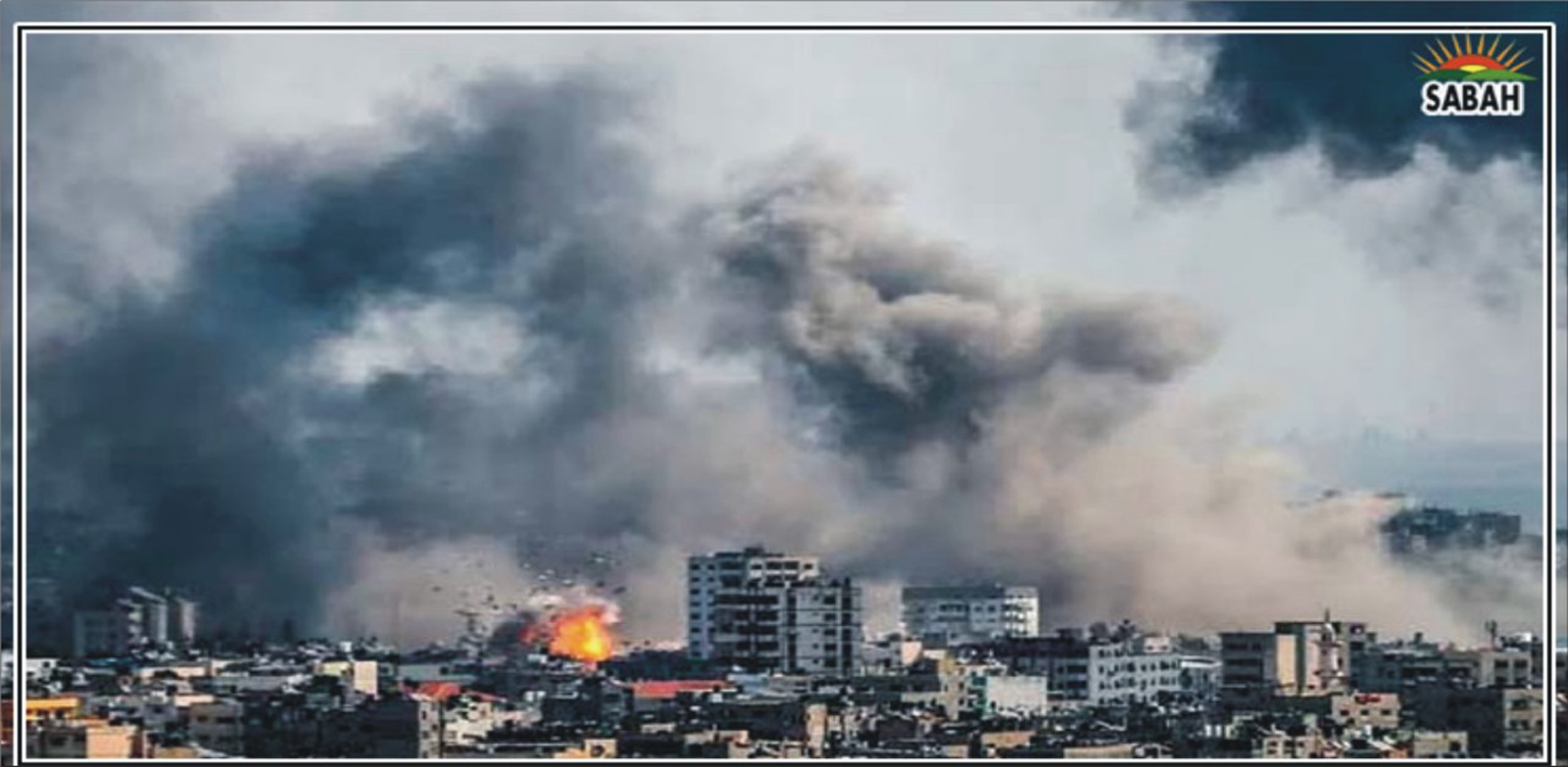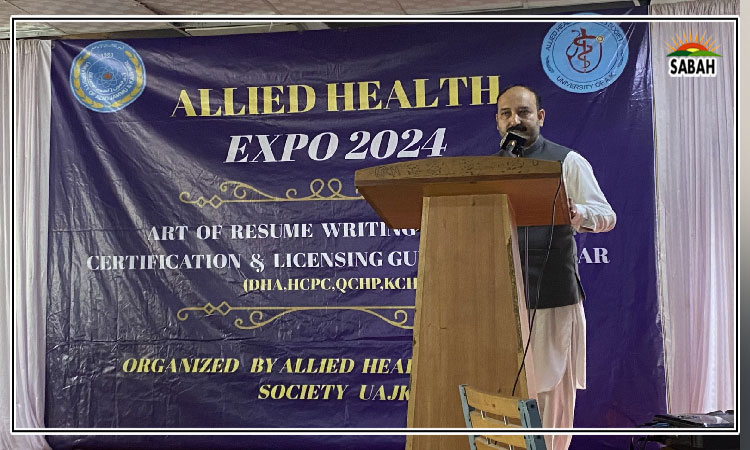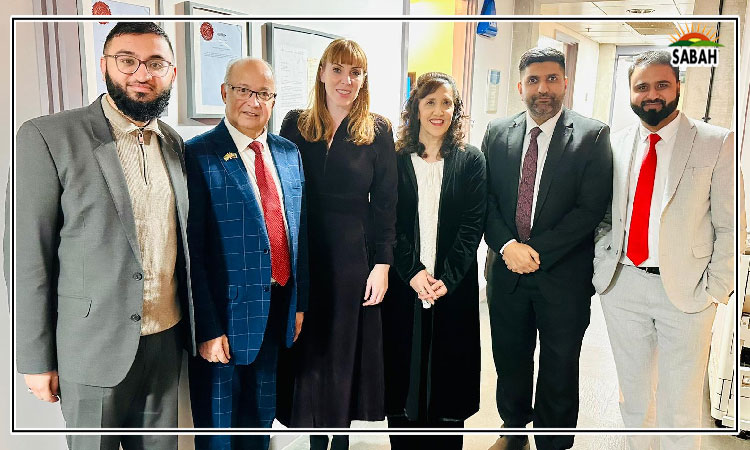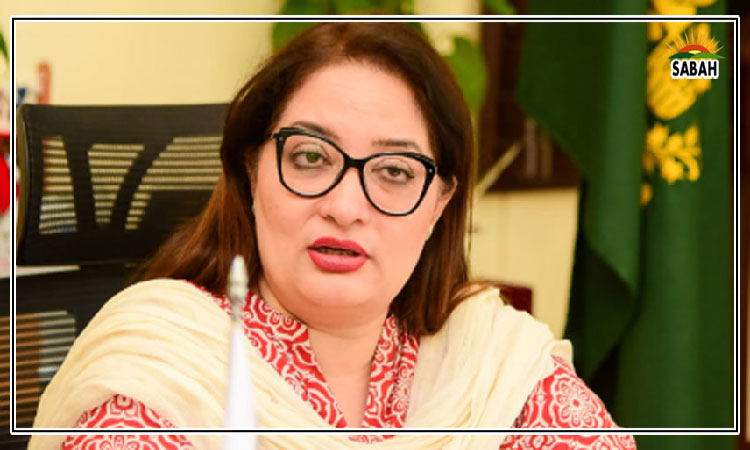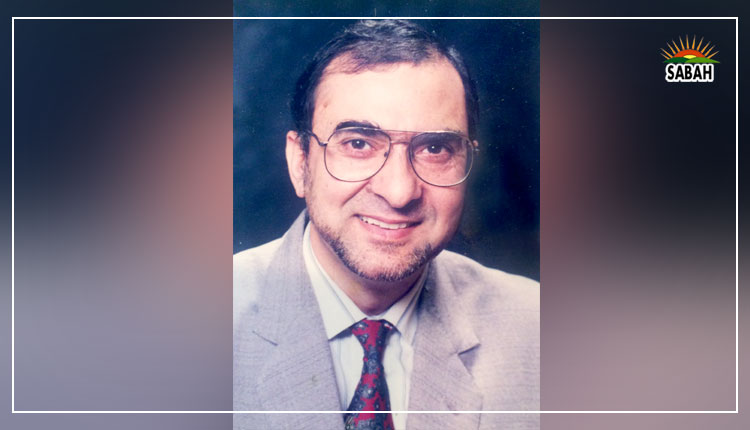India has no democratic & legal right to celebrate its Republic Day in Occupied Kashmir: Ghulam Nabi Fai
WASHINGTON, Jan 25 (SABAH): Vidhi Kumar Bhirdi , Inspector General of Police (IGP) of Indian occupied Kashmir said on Wednesday that all the security arrangements are in place as the multi-level security grid is on high alert mode to ensure smooth conduct of India’s Republic Day functions across the Valley of Kashmir.
Dr. Ghulam Nabi Fai, Chairman, ‘World Forum for Peace Justice’ said that India is of course celebrating its 75th Republic Day to honor its Constitution that became enforceable on January 26 in 1950. India certainly has the right to celebrate this historic day within its legal boundary. But the world’s largest ‘democracy’ has no such democratic and legal right to celebrate it in Kashmir. Reason: It was in 1948, Dr. Ghulam Nabi Fai added that the United Nations Security Council resolutions had been adopted in consultation with India and Pakistan, to create conditions for a plebiscite so that the people of Jammu and Kashmir could decide for themselves whether they wished to be an integral part of India, join Pakistan, or be free to chart their own course as an independent state. Fai was not sure whether IGP idolizes Godse or Gandhi. However, he quoted Gandhi for IGP who said, ‘They (Kashmiris) should be left free to decide for themselves.’
“India persists in allying itself with a position that has no legal, moral or constitutional authority to celebrate the Republic Day in Kashmir which is not an integral part of its territory. Its advocacy of this false claim is the prime cause of continued death, destruction, devastation, pain and suffering of the people of Kashmir. There are shocking human rights violations, including more than 100,000 killings in the last three decade alone, torture, rape, mutilations, arson, plunder, abductions, arbitrary detentions, and draconian punishment for the exercise of peaceful political dissent: and contempt for international law and binding self-determination resolutions of the United Nations Security Council.
Dr. Ghulam Nabi Fai explained that India’s war crimes in Kashmir are notorious. Soldiers kill civilians with impunity. Rape and torture are routinely practiced but never punished. Indeed, Indian law grants virtual legal immunity to any type of war crime or crime against humanity perpetrated in Kashmir. Milosevic and General Mladic were indicted for war crimes and genocide by the Hague Tribunal. Hutu leaders in Rwanda have been indicted and prosecuted for similar transgressions against the Tutsi. But why nothing similar for Kashmir? Indian leaders up to the Prime Minister know the crimes against Kashmiris are occurring. They do nothing to restrain Indian military forces and their collaborators. Rape is a recognized war crime, and countless Kashmiri women have been raped by Indians. Kanun-Pushpa is a prime example. Torture is an international crime, as the Legal proceedings against General Augustino Pinochet in Great Britain proved. Yet Indian leaders who permit torture in Kashmir are not prosecuted for the crime in jurisdictions they may be visiting. They are not placed on a list of villains’ ineligibles for visitor visas to the United States or elsewhere. Their assets abroad are not frozen. Is an international crime less criminal if the victim is a Kashmiri? Compare the unforgiving British reaction to the 1857 Indian mutiny when its citizens were the victims. Hindu and Muslim soldiers were shot out of cannons. No type of death was too grisly for Great Britain’s grandees.
Dr. Ghulam Nabi Fai said that the only solution to the problem lies in allowing the people of Kashmir to exercise their unrestricted right to self-determination to decide their destiny – a pledge given to them by the world community some 77 years ago. It is not rocket science. If the Kashmir question were resolved, much of the hostility between India and Pakistan would dissolve. The region would not be living on the edge of a nuclear holocaust. Trade between the two countries would flourish. Jobs and meaningful lives would be created.
Dr. Ghulam Nabi Fai said that it would directly help India to extricate itself from the quagmire of international conflicts and accumulation of weaponry, to realize its economic and technological potential and truly rise to the stature of a great power. It would also release Pakistan from a crippling burden. It would thus bring the lasting credit of United Nations policy towards the region of South Asia. Families split apart the ceasefire line by the conflict could join together again. There would be no more shelling at the ceasefire line. Those 900,000 Indian military and paramilitary forces could go home and do something constructive instead of beating up on women and children. What intelligent person could not agree with that? The refusal of omission to take a well-considered initiative neither responds to a long-term peace strategy nor answers the demand of the human conscience.



